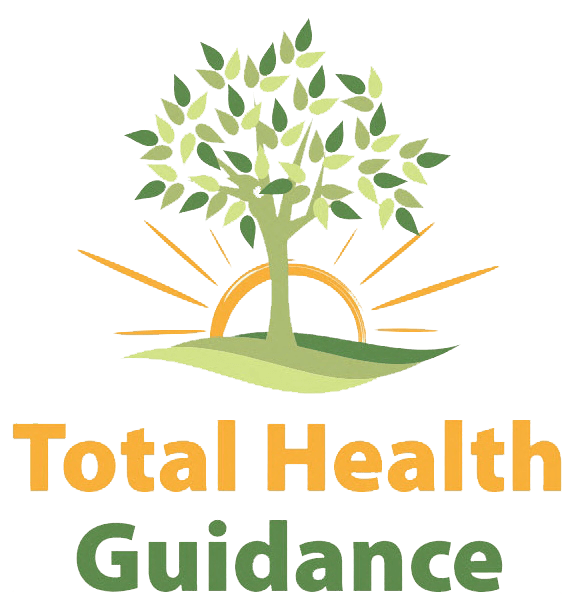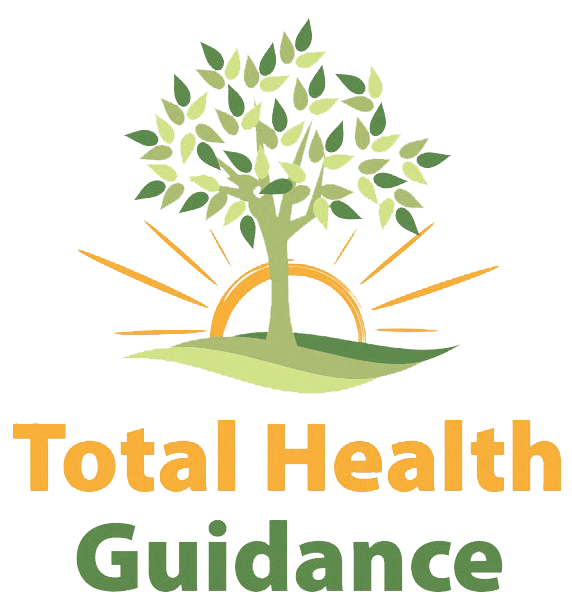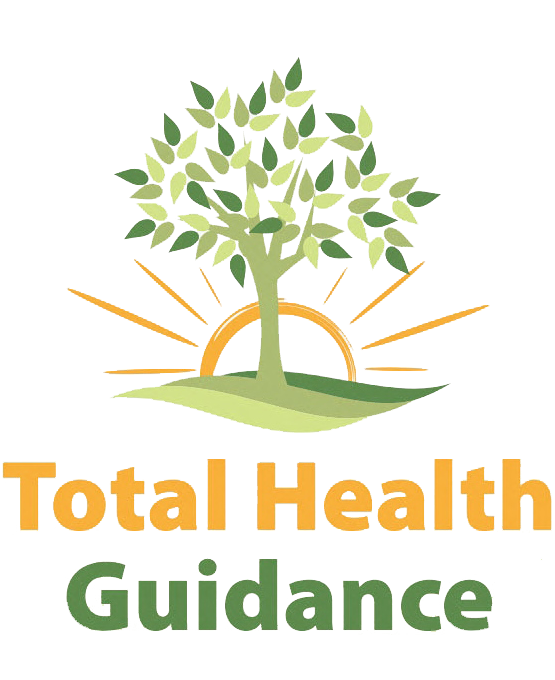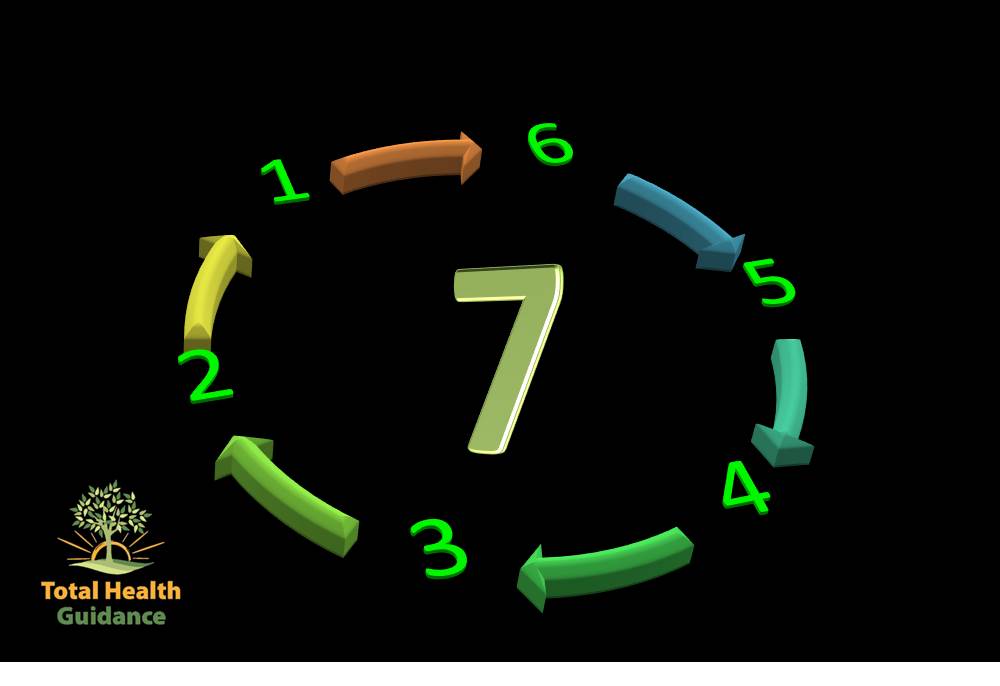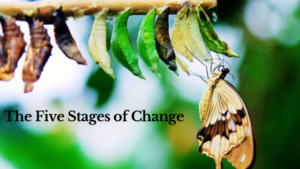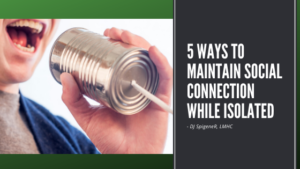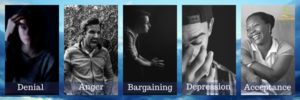Tips for Dealing with the Recent Traumatic Events
Orlando has seen its share of tragic events recently. After prolonged exposure, some people experience reactions that are out of the ordinary for them. Some of the more common reactions include: anxiety, withdrawal, grief, guilt, nightmares, intrusive images, increased alcohol or drug use, fear, depression, change in appetite, or sleep disturbances. Here are seven tips to help manage the stress:
- Talk about it. By talking with others, you can relieve stress and realize that others share your feelings.
- Take care of yourself. Rest, exercise, and eat properly. If you smoke or drink coffee, try to limit your intake since nicotine and caffeine can exasperate stress.
- Limit exposure to images of the event. Watching or reading news about the incident over and over again will only increase your stress.
- Find time for activities you enjoy. Read a book, go for a walk, or do something else you enjoy. These healthy activities can get your mind off the disaster and keep stress in check.
- Take one thing at a time. When under stress an ordinary workload can sometimes seem unbearable. Pick one task at a time and work on it. “Checking off” tasks will give you a sense of accomplishment and make things feel less overwhelming.
- Avoid drugs and excessive drinking. Drugs and alcohol may temporarily seem to remove stress, but in the long run they will only make it worse.
- Ask for help when you need it. If your feelings do not go away or are so intense that they interfere with your ability to function in daily life – seek help from a counselor. You could also join a support group. Don’t try to cope alone. Asking for help is not a sign of weakness.
As a result of generous contributions, the Mental Health Association of Central Florida is now offering FREE counseling for ANYONE impacted in any way as a result of the Pulse nightclub shooting and other recent tragedies in our community. If you or someone you know are having difficulty managing after the recent tragic events in Orlando, please contact the Mental Health Association of Central Florida at (407) 898-0110.

